Regional differences in NET: Epidemiology, diagnosis, and referral strategies
Brought to you by
Prof. Martyn Caplin, Professor of Gastroenterology and GI Neuroendocrinology, Royal Free Hospital and University College London, UK
Prof. Rachel Riechelmann, Director of the Clinical Oncology Department, AC Camargo Cancer Center, Sao Paulo, Brazil and Head - Neuroendocrine Tumors Reference Center
Please note:
NET CONNECT podcasts are designed to be listened to. If possible, we encourage you to listen to the audio or watch the video, which includes emotion and emphasis that cannot be portrayed in the transcript. Transcripts are edited for readability. Please check the corresponding audio before quoting in print.
Tonke de Jong
The optimal management and treatment of NETs relies on an early diagnosis, shared decision-making and a timely referral. When best practices are in place, patient outcomes can be maximised. The best possible patient journey will be impacted by regional differences in management strategies, referral pathways and availability of diagnostic modalities and treatments. This podcast is an initiative of COR2ED and supported through an independent educational grant from Ipsen. In the first episode of the two-part podcast series, two experts focus on regional differences in NET epidemiology, diagnosis, and referral strategies. I’m delighted to introduce them to you: Prof. Rachel Riechelmann, a medical oncologist and clinical scientist focused on colorectal/anal cancers and NETs. She is currently the Director of the Clinical Oncology Department, AC Camargo Cancer Center, in Sao Paulo, Brazil, and also serves as the President of the Brazilian GI Tumors Group. And then we have Prof. Martyn Caplin, who is Professor of Gastroenterology and GI Neuroendocrinology at the Royal Free Hospital and University College London, UK, and he also leads The Royal Free London “European Neuroendocrine Tumour Society’s Centre of Excellence” and the UCL Academic Neuroendocrine Tumour Unit, which includes leading scientific and clinical research programmes into NETs. We’re very much looking forward to your discussion.
Prof. Martyn Caplin
Hello everyone and welcome to this podcast. I'm Martyn Caplin from the Royal Free Hospital in London. I'm a gastroenterologist and specialist in neuroendocrine tumours and I'll hand over to...
Prof. Rachel Riechelmann
Rachel Riechelmann, I'm a medical oncologist based in Sao Paulo, Brazil. I'm currently head of department of the Clinical Oncology Department of AC Camargo Cancer Center and I'm a NET specialist there.
Prof. Martyn Caplin
So it's going to be really interesting to have the different perspectives from South America and Europe. So we're going to have some really nice discussion. The plan I think will be to look at the pathways to diagnosis and the best practice for the workup of patients and treatment of patients. But initially I think we'll start off with discussing types of neuroendocrine tumours and a little bit of the epidemiology just to have a setting from where to work from. Rachel, are you happy to give a little bit of the background of different types of neuroendocrine tumour?
Prof. Rachel Riechelmann
Sure, Martyn. Well, as you know, we're talking about rare tumours, not that rare as it was before, right? The incidence is increasing and we're at least in Brazil, the more people do colonoscopies and endoscopies we see, you know, incidental NETs that, you know, sometimes patients come for evaluation. But in Brazil, we do not have formal statistics, but in clinical practice, we see mostly what we see in the literature from studies in the US and Europe. So most of them are NETs from the small bowel, gastric, as I said, incidental finds in endoscopies, and sometimes lung NETs that are found as incidental nodules in CT scans. I see, as a medical oncologist, I see a lot of small bowels and pancreatic NETs. These are the ones that tend to be more metastatic, unfortunately. And what about you?
Prof. Martyn Caplin
So I guess, we see much more as the European and States, they experience is similar, small bowel neuroendocrine tumours being top of the list. And then the pancreatic neuroendocrine tumours and then other types. But one never forgets the bronchial neuroendocrine tumours probably account for up to a third of all neuroendocrine tumours. And of course, the incidence and prevalence has been just rising over the years. And the SEER data is very impressive. You could see probably a fivefold increase over a 20, 30-year period. And has that been your experience as well in Brazil in terms of noticing much more than in the early days?
Prof. Rachel Riechelmann
Yes, we have, you know, and particularly appendix NETs. I don't know if people are just making more diagnoses today, but it's not uncommon to see young patients coming, you know, coming to the emergency room and having an acute appendicitis and then go to surgery and then ends up being an appendiceal NET. So I see that a lot. As a medical oncologist, I don't see a lot of initial lung NETs. But, you know, the thoracic oncology colleagues, they see a lot. You're right. I think it’s a global trend.
Prof. Martyn Caplin
Yes. So I guess, you know, the other thing that comes out of the US SEER data is different ethnicities have different incidence and prevalence. So you would see more in the way of rectal neuroendocrine tumours in the Afro-Caribbean Black population and Hispanic as well to a large degree. And then do you see in South America, do you see ethnic divides as well in that sense?
Prof. Rachel Riechelmann
You know, in Brazil, the population is very mixed. So, you know, people just marry each other. So it's all really mixed up. So everybody is mixed. You know, everybody has someone in the family that is of African descent or Japanese descent, Italians. And so it's very hard to see this stuff. So we don't see ethnicities as a segregation for types of NETs. But do you see that in your clinical practice?
Prof. Martyn Caplin
So, yes, I suppose the Black Afro-Caribbean will be more prone to developing rectal NETs. And I suppose, you know, one looks worldwide at the data coming out of Japan, and South Korea, where rectal NETs are seen in the Far East much more commonly. Then I guess it's pancreatic neuroendocrine tumours there and much less in the way of small intestinal NETs in the Far East. I think the data coming out of India, I think in terms of their epidemiology is quite interesting in that they're probably seeing a little bit more in the way of pancreatic than small intestinal NETs. And I think it is intriguing to understand the ethnicities and then molecular profiling ultimately in those different ethnicities. And actually, what you're saying would be, it'll be more complex to do that molecular profiling to look at distinct groups because of the mix, which will be happening more, I guess, throughout the world. But certainly, the epidemiology is interesting. Every country seems to be showing that increase as well. And I guess for the audience, we should just put into perspective the different types of neuroendocrine tumours in terms of the grading. Do you want to go through the grading aspects of it?
Prof. Rachel Riechelmann
Well, based on the most recent WHO classification of NETs, or NEN, neuroendocrine neoplasia. It's classified in three different grades, three types, I would say. For Grade 1 is the more indolent one. Usually, this is measured by the pathology, by Ki-67, immunohistochemistry expression, and the number of mitoses. So up to 2% expression of Ki-67, recall that this would be a G1, Grade 1 NET. And this classification is for the gastroenteropancreatic NETs. Then the G2 Ki-67 goes from three to 20, above 20, then tumours can be well differentiated, or it can be a neuroendocrine carcinoma. And this is really, really important to understand because the treatments and the prognosis is very different. So the well-differentiated NET G3 are generally treated more like G2 NETs, while the neuroendocrine carcinomas are very aggressive diseases, and sometimes they tend to be treated just like a small cell lung cancer. But they are very rare, even more rare, which is fortunate. But what I'd like the audience to be aware of is that, you know, the accurate diagnosis is crucial, for prognosis to decide on the treatment strategy. So if in doubt, just ask for a pathology revision in a centre of excellence you can trust.
Prof. Martyn Caplin
I think that's the key, isn't it? That the history
Prof. Rachel Riechelmann
And I see a lot of misdiagnosis, do you?
Prof. Martyn Caplin
Yes. Because the pathology review is so important. And even in patients referred to us from sort of mature centres or good centres, actually even the grading can change. And then the whole question, of course, of adenocarcinoma with neuroendocrine differentiation, being sent as a neuroendocrine tumour, which is completely inappropriate. And that's a big, a big challenge in terms of, you know, wanting to get the message back to the, to the referrers that adenocarcinoma with neuroendocrine differentiation, you treat as the adenocarcinoma, it's not a neuroendocrine tumour just because of that differentiation. And I guess you must see the same issue.
Prof. Rachel Riechelmann
Yes. And depending, Martyn, on the tumour type, you have not only all the treatments, but you also have, you know, standard molecular profiling that you have to evaluate. So for example, if it's a colorectal neuroendocrine carcinoma or rectum, or if it's an adenocarcinoma with neuroendocrine differentiation of the colorectal, you have to evaluate microsatellite instability, the RAS and the BRAF mutation, for example. So as you said, it is really crucial to have an accurate diagnosis, because it's, that all treatment will depend on this.
Prof. Martyn Caplin
Yes, absolutely. And let's, so let's go back then and talk about the patient journey to, to the clinic and for diagnosis. Because one of the big things, you know, even in the UK, and it was published that the number of visits to the general practitioner, the primary health carer, before they get a diagnosis or referred on, was somewhere between 9 and 11 visits with the symptoms. And so you've seen this incredible delay before patients are diagnosed and often when they are, it's with metastatic disease. And have you, it's the same experience with you as well?
Prof. Rachel Riechelmann
Yes, I think this is also a global phenomenon. Because, you know, in Brazil, most oncologists, oncologists are the physicians that treat metastatic disease, and most are general oncologists. So it's not uncommon that they are not familiar with NETs. And the pathologists also are not familiar with NETs. And then there's a misdiagnosis or a delay in starting treatments or ordering a CT scan or having access to certain imaging tests. For example, the gallium PET is not accessible to people.
Prof. Martyn Caplin
Absolutely. We've got the same, I think the average time is still between three and seven years, it could be in that pathway. Let's just touch a bit then on that pathway of how patients are diagnosed with neuroendocrine tumours. How do they get to you? First of all, how would the patient get to you?
Prof. Rachel Riechelmann
Well, I work in a comprehensive cancer centre. So most of the patients come first to see the surgeon, if they have a localised disease or symptoms or whatever. But also because patients are aware that we have a centre of expertise in NET. Once they have the NET diagnosis, they come, they come for a consultation, or say a second opinion on even to be treated. But overall in Brazil, I would say that many patients come to the general practitioner first because of symptoms. And they, if they don't think of NETs, then that's why, you know, patients take a long time to have the diagnosis. And then it takes time to be referred to the medical oncologist here.
Prof. Martyn Caplin
And do you have a regional, so we would have a setup whereby eventually the patient gets referred to probably their local hospital. And then the local hospital will do some of the tests and there'll be an MDT, which ultimately will refer to the specialist centre. Is that the same sort of programme that you have? And how are the centres known for those centres of expertise? How are they known? How do the patients find their way to the centres of expertise such as yourself in Sao Paulo?
Prof. Rachel Riechelmann
Well, you know, the health system, Martyn, in Brazil, it's, I would say most classified into two types, the private and the public. In the private setting, patients are more aware of centres of excellence and how they can get referred or ask for a second opinion. In the public system, usually they come from a basic health unit. And then once they have the diagnosis of a cancer, whatever cancer it is, and then the cancer services have up to two months to start treatment. This is the law. So once the diagnosis is established, then, you know, patients have to get any type of treatment within two months, which is, I think is reasonable. The problem is that it takes time sometimes, especially for NET patients to be diagnosed, to have, you know, biopsy and colonoscopy, whatever. So that's how that would work. But in the public system throughout the country, there are centres of cancer treatments where patients are referred to based on their geographical location. Of course, the treatments are, not all treatments are available. So for example, lutetium PRRT is not widely available, but somatostatin analogues, chemotherapy, radio-embolization, surgery, even transplant are available.
Prof. Martyn Caplin
Yes, and, because we have the same issues of the delay, you might have to wait four to six weeks to get the gallium PET scan to help stage the disease. And this seems to be a worldwide problem that is the, how do you get access, you know, equitable access to those scans, if you can get it at all, because many patient centres won't have access to gallium PET and, you know, the octreotide scan, the tektrotyd scan is good, but not as sensitive as the gallium PET, but can tell you gross burden of disease or whether it's gross uptake, I guess. And in terms of, take us through then the diagnosis pathway of your workup then for a patient with neuroendocrine tumour.
Prof. Rachel Riechelmann
I think the first, the first two things that I try to have is first accurate pathology. So I really have to be sure what I'm dealing with and then to know what is the primary tumour of origin. So this, this may not be that easy sometimes in the first consultation. Many patients have what we call the non-primary tumour with metastatic disease to deliver. So it is important to evaluate even with a gallium PET or with immunohistochemistry, let's say there's an expression of CDX2 or SACV2, you know, in front of you have a patient with a small bowel NET for example. So having an accurate pathology and knowing the primary tumour, the primary organ of origin, it helps a lot. And of course then staging. In terms of biomarkers, I order a 24-hour 5-HIAA, urinary 5-HIAA to all patients with small bowel and lung NETs, regardless of symptoms. Because I see about 10 to 15% of them have an asymptomatic elevation of the 5-HIAA. But for pancreatic NETs, I order only biomarkers if I have a suspicion of a hormone secretion by the tumour. And I never ordered a chromogranin A. For some reason. Well, first, it's not reimbursed at all. So patients have to pay for it. And also because, you know, it's very common for patients to take the PPIs and then chromogranin is actually elevated when they're taking PPIs. Everybody likes to take PPIs. And then if there are, you know, changes in chromogranin A throughout the treatment, it won't, it may help inform if there is progression, but it's not going to make me change the treatment strategy. So in overall, I think I can save some money not ordering chromogranin A because I don't think it helps a lot. What do you think?
Prof. Martyn Caplin
No, I think that's right. It is rather nonspecific, the chromogranin A. We do it because I suppose if it's elevated significantly, then you can follow it to a certain degree. But it is, you know, it's not such a great marker even in the situation of following treatment. So it's okay, it can be helpful, but not more than that, I think, because it is so nonspecific and just variable. And the other thing is the type of chromogranin A as well, because there's so many different types of assays. And so not, you know, your assay will be different to our assay as well. So it's not interchangeable from that perspective.
Prof. Rachel Riechelmann
Let me just ask you, do you order FDG PET in any situation?
Prof. Martyn Caplin
For, no, not for every situation. For high-grade neuroendocrine tumours, we will go, we will always do an FDG PET. We've got a particular interest in looking at gallium versus FDG PET imaging. So all the well-differentiated ones will have gallium PET. The, those where we think that which are high G2 and certainly G3 will probably get an FDG PET. The other time we would get an FDG PET if the tumour is just acting more aggressively than you think, then we'd probably also get a concurrent FDG PET with a gallium PET in that situation. So I think there is a role for FDG PET in certainly in the high grades and where the biology is, it seems to be more aggressive.
Prof. Rachel Riechelmann
I agree. I agree. But do you have access? Is this accessible throughout the country?
Prof. Martyn Caplin
Yes. So in the UK, yes, the FDG PET and many of the sort of expert centres for neuroendocrine tumours will have access to a gallium PET. We've got one on site and there were patients within, if in other parts of the country who might only have access to octreotide scans or tektrotyd scans could get referred to a nearby centre for that gallium PET. So they could get that for sure.
Tonke de Jong
Thank you very much for this interesting and insightful discussion. We’ve learned a lot about the importance of early diagnosis and referral strategies, as well as the impact regional differences can have on these. Don’t miss episode 2 of this podcast, in which the experts discuss treatment and future developments. In addition, look out for another podcast, in which a Consultant in Gastroenterology & Neuroendocrine Tumours and a person living with NET discuss shared decision making in NET treatment including self-injection scenarios. If you enjoyed this and want to find out more about NETs and how to manage people living with NETs, then please look for the other resources from NET CONNECT under the account of COR2ED medical education. Also don’t forget to rate this video podcast and share it with your colleagues. Thank you for listening and see you next time. This video podcast is an initiative of COR2ED and developed by NET CONNECT, a group of international experts working in the field of neuroendocrine tumours. The views expressed are the personal opinions of the experts. They do not necessarily represent the views of the experts' organizations, or the rest of the NET CONNECT group. For expert disclosures on any conflict of interest please visit the COR2ED website.

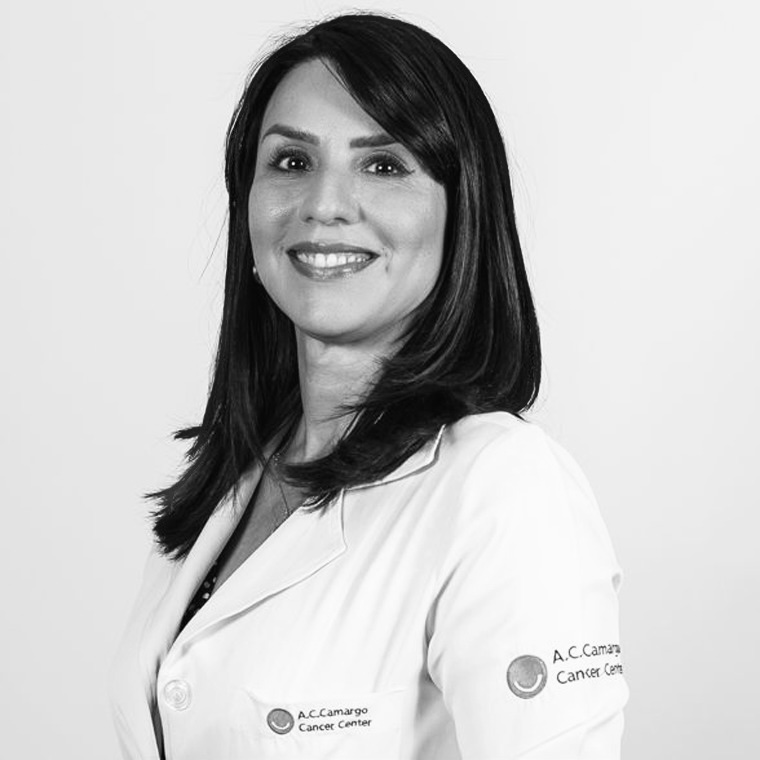


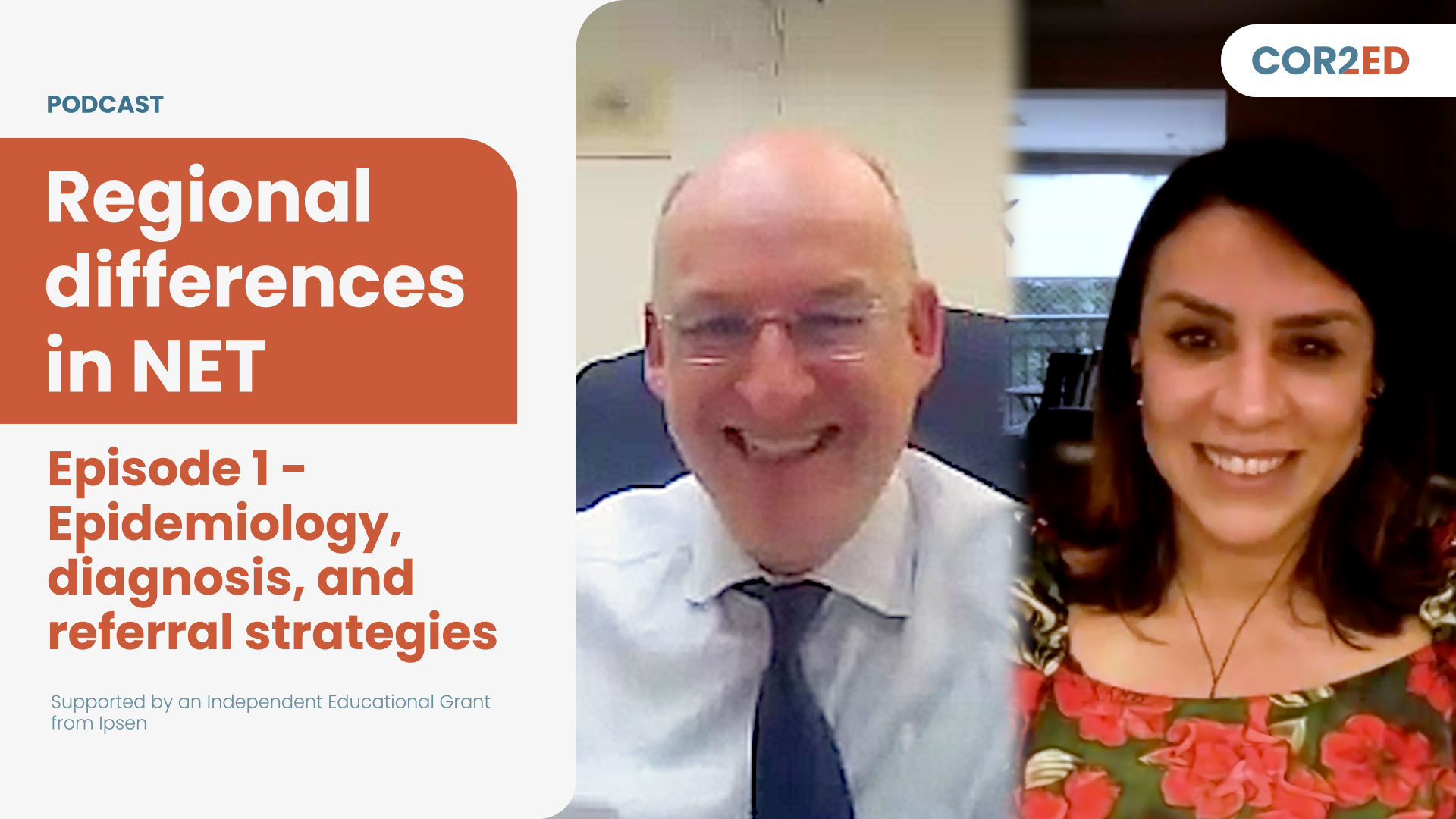
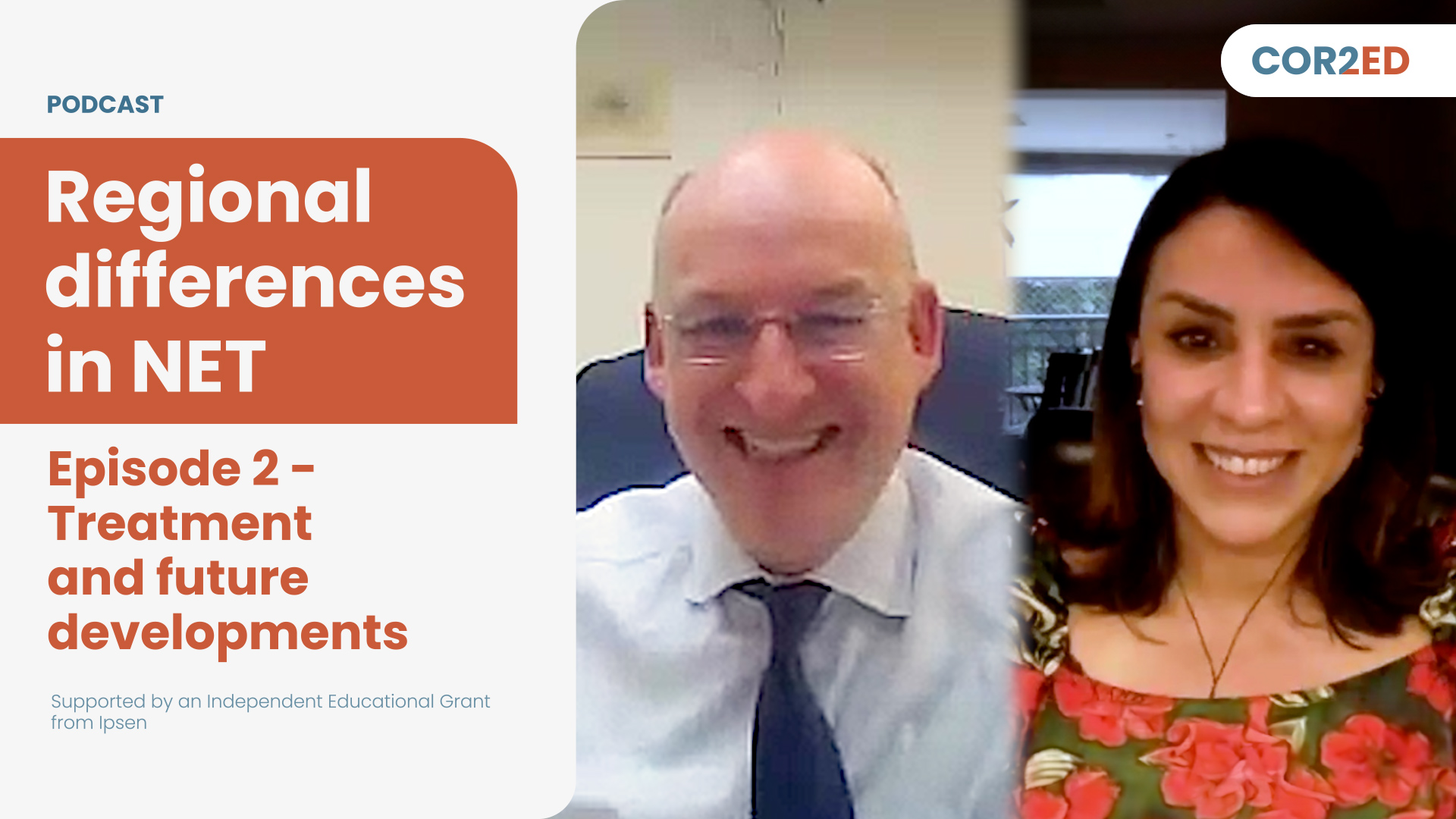


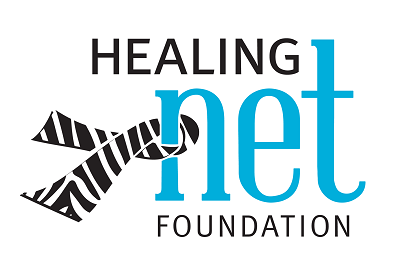
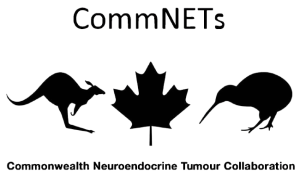
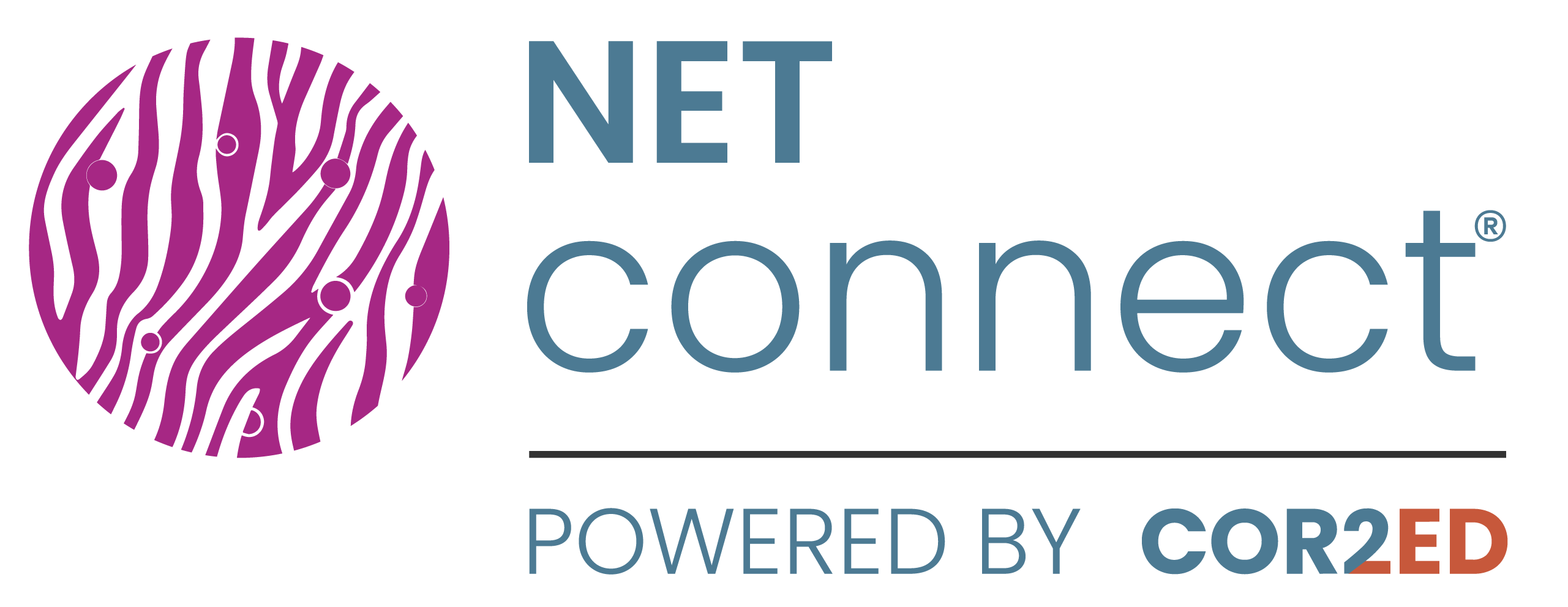
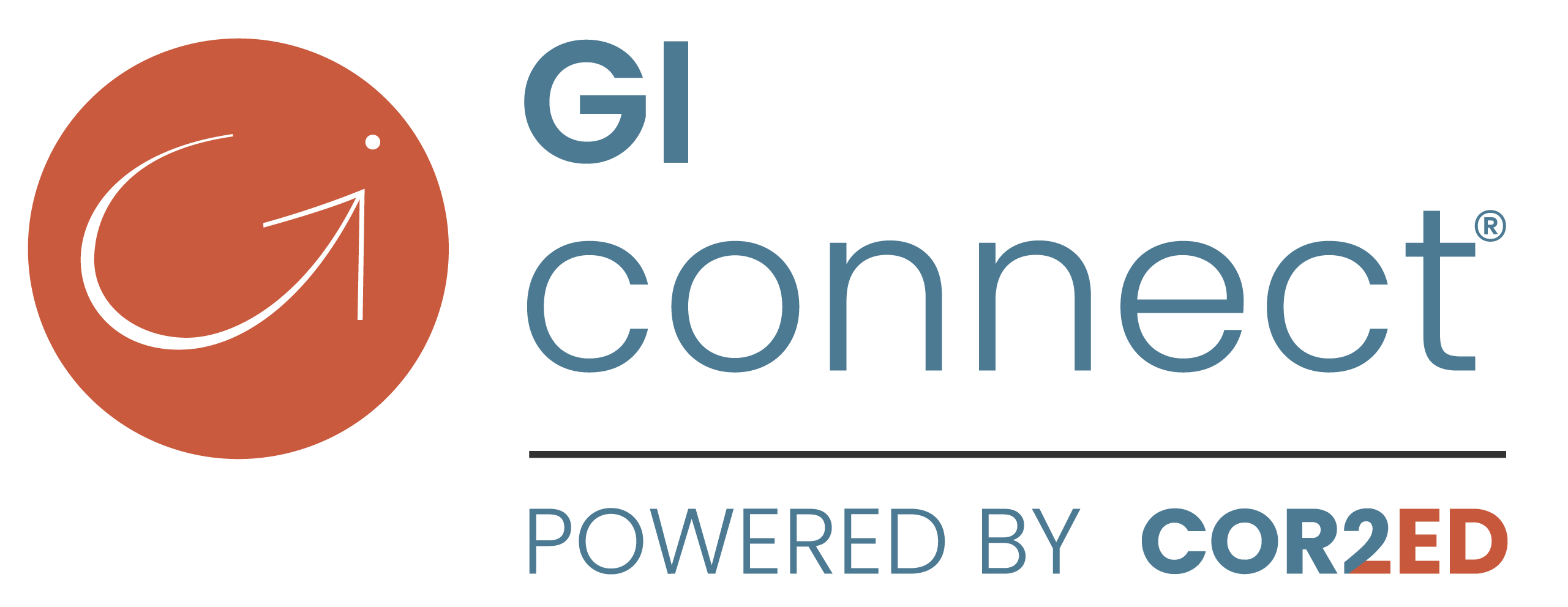


 Downloadable
Downloadable  20 MIN
20 MIN
 Feb 2026
Feb 2026 







